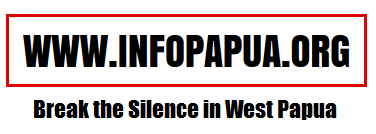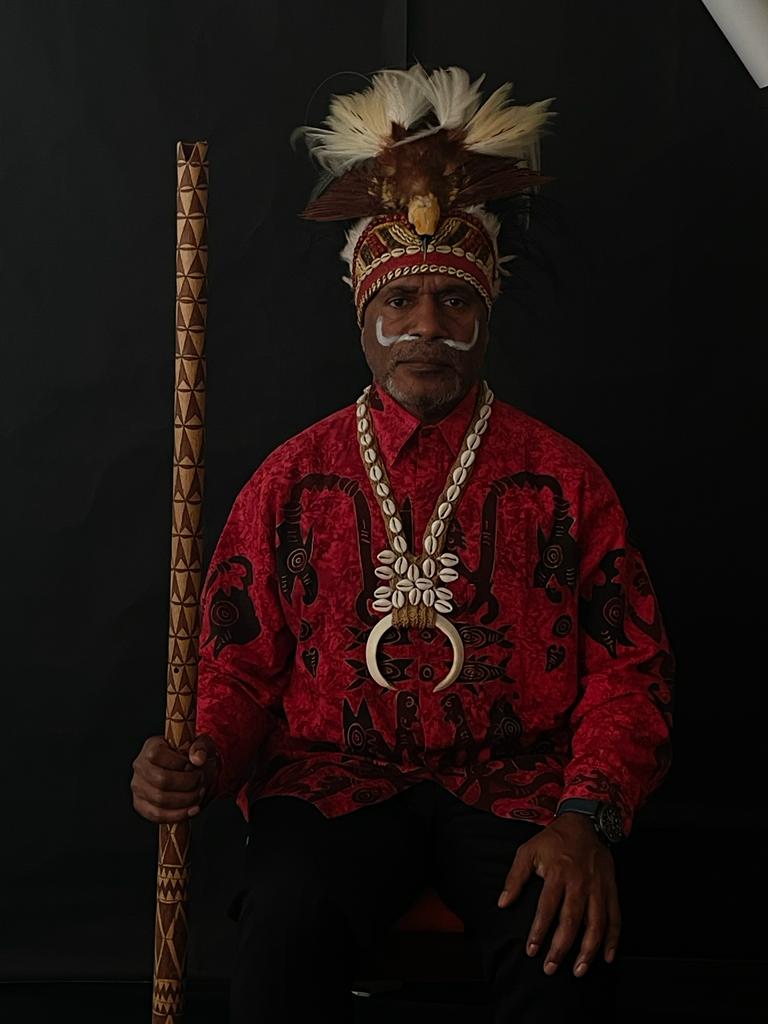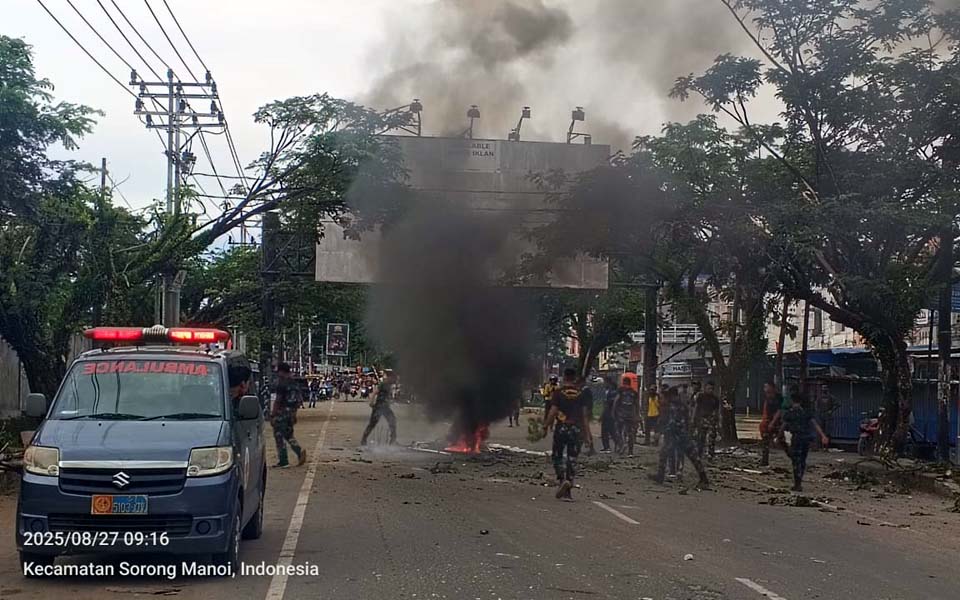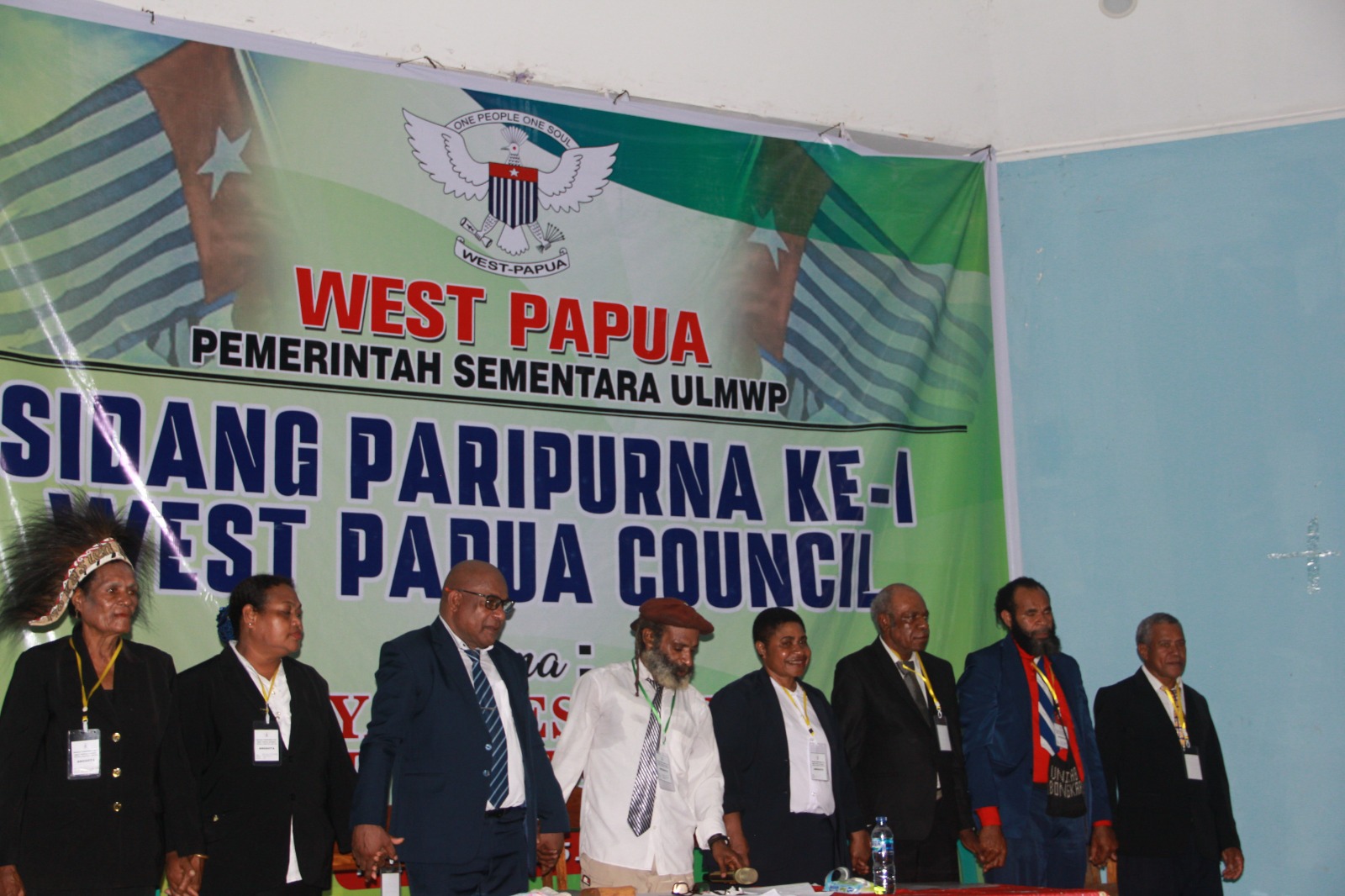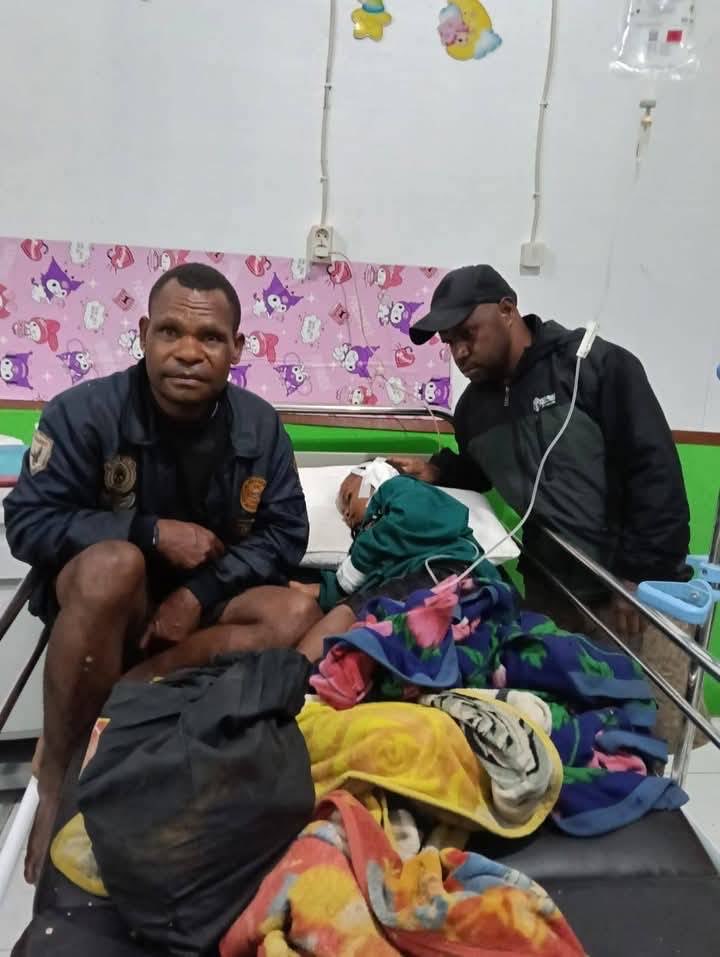
West Papua and an indigenous-led future
On Tuesday 18th April there will be an opportunity to listen to members of the West Papuan Liberation Movement to learn about the anti-colonial struggle in West Papua, and their vision for an ecological future. The free online event is supported by the Land Workers Alliance (LWA) and will feature Benny Wenda and Raki Ap from the Free West Papua campaign.
Many of you will no doubt have heard of Benny Wenda. In 1977 the Indonesian military, who have been in continual and ongoing occupation of West Papua since the early 1960s, began to attack the villages of the indigenous Lani people, including the village where Benny lived as a child. Members of his family were raped, mutilated and murdered as the West Papuan people were forced into subjugation by the brutal Indonesian regime. Later that year, 15,000 Lani people rebelled, but Lani villages (including Benny’s) were bombed by the Indonesian military aircraft in retaliation (Britain would suspend the sale of BAE Systems Hawk Jets to Indonesia when they later bombed villages in East Timor, but, until very recently, British Hawk Jets continued to be the backbone of the Indonesian military’s air power). It is estimated that between 100,000 and 500,000 people have been killed in the West Papuan conflict since 1962. Benny became a freedom fighter for the West Papuan Liberation Movement and was himself imprisoned and tortured before he managed to escape to the UK where he still lives in exile.
In 2004, Benny founded the Free West Papua campaign. Raki Ap, international spokesperson for the campaign, will join Benny for the online event. Raki works tirelessly to highlight the fact that the liberation and self-determination of West Papua has the potential to save the world’s third largest rainforest. West Papua covers the two western peninsulas of New Guinea, the world’s second largest island and a major hotspot for biodiversity. Indonesia is the world’s largest producer of everyone’s favourite ecological disaster… palm oil. West Papua has one of the highest levels of plant diversity in the world, it is also home to an incredible diversity of fauna and human cultures. Imagine what the palm oil industry will do to that.
Diversity, of course, is an anathema to neoliberalism. And Indonesia’s current foreign economic policy (FEP) is straight out of the neoliberal playbook. Indonesia seeks economic self-sufficiency and its constitution and political focus would seem to run contrary to neoliberal ideals. But as long as it continues its colonial activities in places like West Papua, it is living a lie. A decolonial stance would benefit the vast majority of Indonesians as well as the indigenous people of West Papua. The only genuine way to fight problems like ecological collapse, climate change, oppression and poverty is to dismantle colonialism, capitalism and the hackneyed myth of economic growth (and palm oil plantations for that matter!). Benny and Raki will lead a discussion about the situation in West Papua and the hope offered by indigenous-led futures to combat ecological devastation and climate change.
To book your free place visit: https://www.eventbrite.co.uk/e/fighting-colonialism-and-ecocide-west-papua-and-the-green-state-vision-tickets-601450082387
